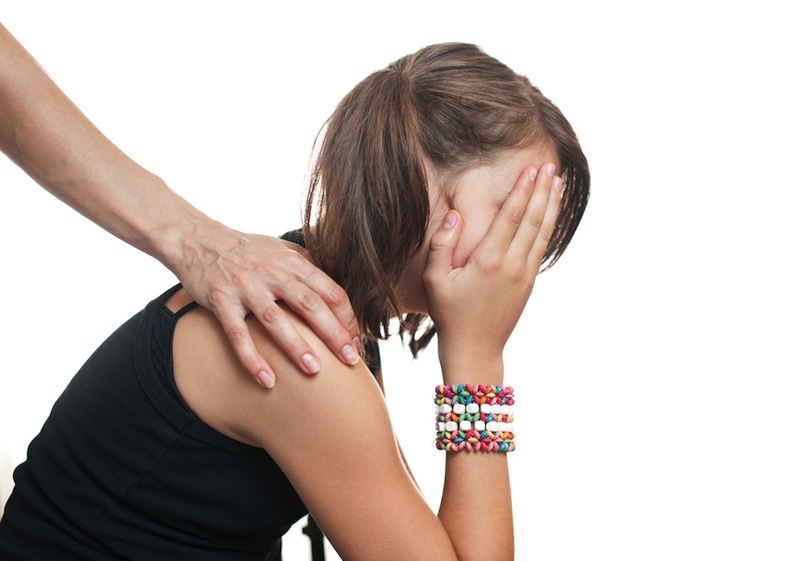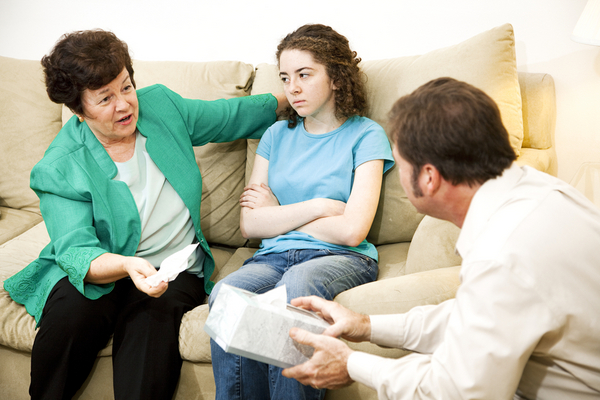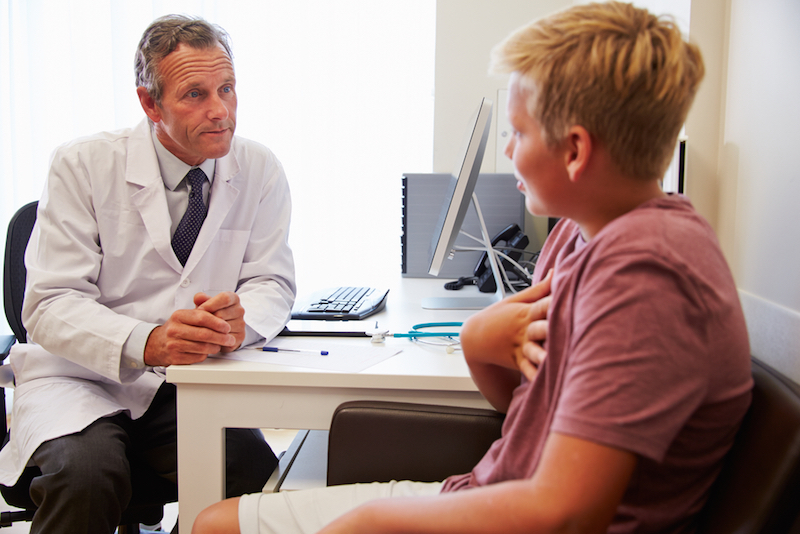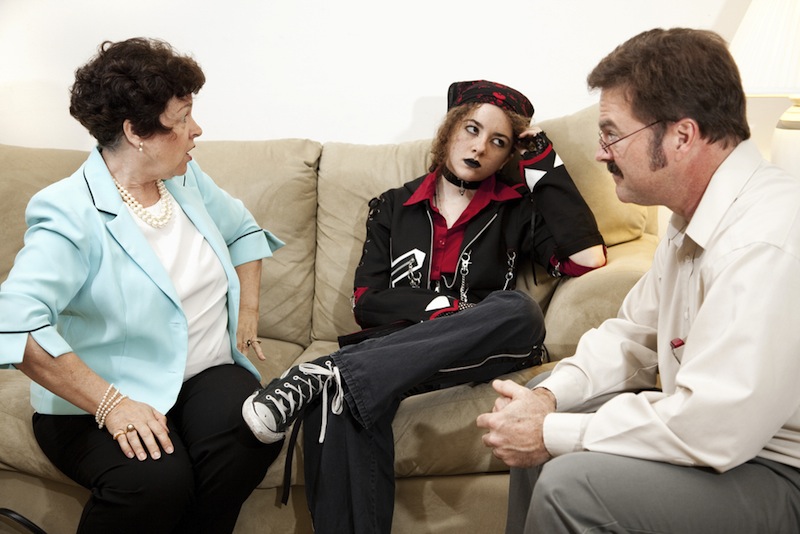8 tips for parents of teens with depression
Tips for parents

The teenage years are notoriously turbulent. Adolescents are establishing their own identities, doing more things independently, trying out different roles, taking more risks socially, and possibly experimenting with drugs and alcohol, and all this can come with emotional costs.
So it can be complicated to tell the difference between the typical turmoil of a teenager, and a depressed teen.
"It's difficult for parents to recognize depression in teens, since kids in this age group can have more emotional highs and lows, and they also tend to isolate themselves more," said Dr. Gene Beresin, executive director of the Clay Center for Young Healthy Minds at Massachusetts General Hospital in Boston.
But depression can take a toll on teens. It typically first strikes in late adolescence, some time between ages 15 and 19, Beresin said.
In early adolescence, boys and girls are equally affected by depression. But after puberty, girls are about twice as likely as boys to become depressed, and this ratio persists into adulthood, according to Beresin.
Exactly why is unclear, he said, but it's likely a combination of genetic vulnerability as well as hormonal and socialization factors, including that girls tend to be more sensitive to changes in relationships, and also more prone to anxiety.
The good news for mom and dad is that "a secure, warm, loving relationship with a parent can be a protective factor against depression, especially for girls," Beresin said. [10 Facts Every Parent Should Know About Their Teen's Brain]
Here are his eight tips for parents whose teens may be depressed.
Observe changes in your kids

Tune in to behavioral clues that can reveal how teens are feeling. A teen may shut down, or suddenly have a major personality change, such as becoming quieter or sadder. "Even more common than being sad is a teen becoming more irritable," Beresin said.
Other signs include teens who seem more spaced out and can't seem to focus, less interested in usual activities, or may be using substances to self-medicate. "If you see these changes in multiple areas of a kid's life, that's raising a red flag," Beresin said.
Notice patterns

If you see a major change in your teen's patterns, to the point where your child almost seems like a different person and it cuts across different situations, meaning it's happening at home, at school and with friends, then you have to worry, Beresin told LiveScience.
Get outside information

Find out from other people who know your teen — coaches, teachers, friends and parents of friends — whether your teen seems different around them, Beresin said. Teens might feel ashamed and may not want to burden their family, so they may reveal more to someone else they trust than to their parents.
In addition, consider whether a major life stressor — if a family member or someone close has died, gotten sick, lost a job or is going through a divorce — could be triggering the behavior changes. "Think about what could be going on in your teen's life that might upset the apple cart," Beresin said.
Talk with your kids

Have regular conversations with teens and younger children about what they are doing and how they are feeling. Be sure to ask probing questions but avoid grilling teens. Have these conversations when the two of you are driving in a car, preparing dinner or watching TV. Let teens talk and listen to their responses, and make sure they feel heard and understood.
Open a door

Share an observation you've made with your teen, perhaps by saying "I've noticed that you're not sleeping as well" or "I've noticed that you're not going out with your friends as much and you're isolating yourself in your room." Then offer up, "If you'd like to talk about it," or possibly tell a story from your teenage years.
Don't give up if teens shut you out initially, because it may be difficult for them to open up about their feelings, or they may be embarrassed to share them.
Discuss seeking professional help

If your teen begins talking about depression, acknowledge the sadness and pain the child is experiencing, so your teen knows you're taking his feelings seriously. If a teen shuts down, suggest that you understand he may not feel comfortable talking with you, but you would like for him to talk to a health professional because you care about him.
Parents can expect resistance to this idea, Beresin said.
Parents should also make sure they have their own support systems in place to be able to tolerate a depressed teen's anger or rejection, Beresin added.
Don't be afraid to ask about suicidal thoughts

"It's very important for parents to bring this topic up, and it won't precipitate a suicidal act," Beresin said. If your teen is talking about suicide, hurting themselves, or being better off dead, take it seriously and get help immediately, he said.
Take a stance

If your teen's depression seems severe, or the teen appears to have a serious substance abuse problem or has made a suicide gesture, it's the role of the parent to take a stance, Beresin said. Insist the child see a mental health professional, and make the appointment.
Beresin has seen no shortage of young people who came to his office "kicking and screaming," who were extremely angry or upset with their parents for seeking help. But once they got there, he's found "most kids want to talk when given the opportunity."
Follow Live Science @livescience, Facebook & Google+. Original article on Live Science.
Sign up for the Live Science daily newsletter now
Get the world’s most fascinating discoveries delivered straight to your inbox.
Cari Nierenberg has been writing about health and wellness topics for online news outlets and print publications for more than two decades. Her work has been published by Live Science, The Washington Post, WebMD, Scientific American, among others. She has a Bachelor of Science degree in nutrition from Cornell University and a Master of Science degree in Nutrition and Communication from Boston University.










